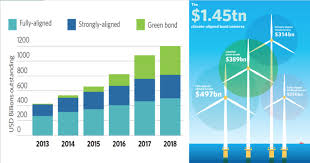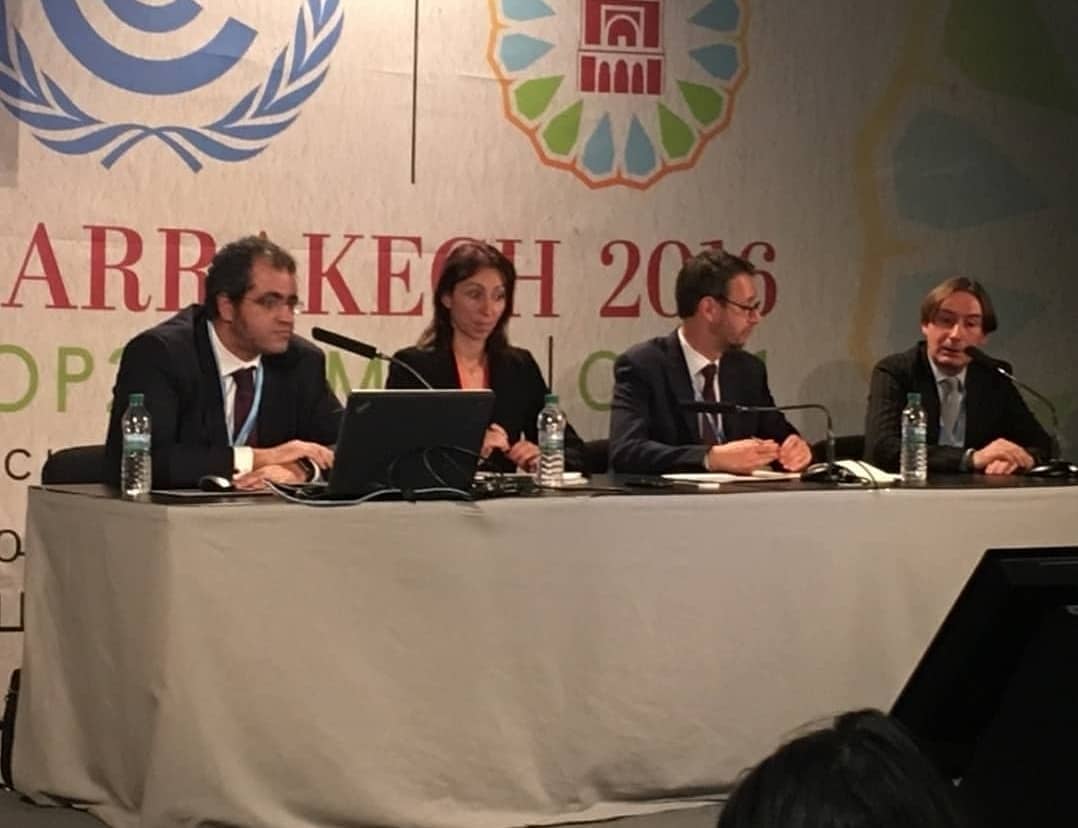T20/G20 Policy Brief: GREEN SHIFT TO SUSTAINABILITY: Co-benefits & Impacts of Energy Transformation on Resource Industries, Trade, Growth and Taxes
By R. Andreas Kraemer (lead) – Center for International Governance Innovation (CIGI), Canada,Joël Ruet – The Bridge Tank, France,Barry Carin– Center for International Governance Innovation (CIGI), Canada, Max Gruenig– Ecologic Institute, Germany & United States, Fernando Naves Blumenschein & Renato Flores– Fundação, Getulio Vargas(FGV), Brazil, Akshay Mathur– Gateway House, India, Clara Brandi – German Development Institute (GDI-DIE), Thomas Spencer– Institut du développement durable et des relations internationales (IDDRI), France Sebastian Helgenberger & Sonja Thielges– Institute for Advanced Sustainability Studies (IASS), Germany, Scott Vaughan– International Institute for Sustainable Development (IISD), Canada,Shelagh Whitley– Overseas Development Institute (ODI), UK, Hermann Ott– Wuppertal Institute, Germany.
“Energy transformation towards 100% renewable energy is economically inevitable, and socially and environmentally desirable, yet it may produce negative signals in outdated statistics as fossil trade diminishes and the sector shrinks. This paradoxon should be addressed in a joint report by, e.g., IRENA, IMF, OECD, andthe World Bank, and the Task Force on Climate-Related Financial Disclosures.
Fossil fuel extraction and commodity trade will end, and fossil asset values erode. The industry’s role in capital formation, international trade, economic activity (GDP), and government revenue will decline. New energy systems, based on efficiency, renewables, storage, and smart management are cheaper to build, run and maintain. Growth of electricity use stimulates innovation, value creation, and growth in consumer rent, as renewable energy technologies harvest free environmental flows that are not traded and often for self-consumption. Total utility will grow while trade, GDP and the tax base may shrink. Reports should inform G20 Leaders, Ministers of Finance and Central Bank Governors on the true costs and benefits, and alert them to misleading signals.” Read More …










